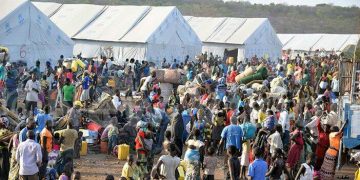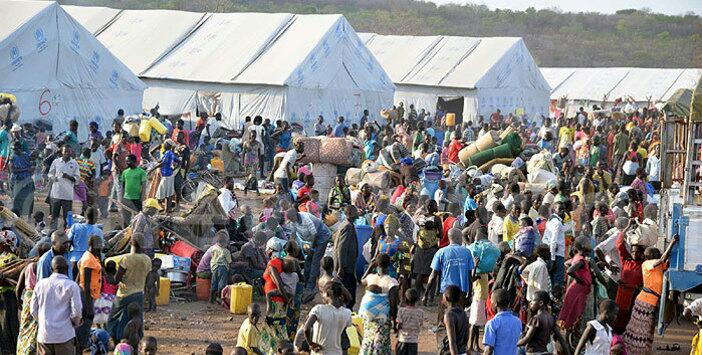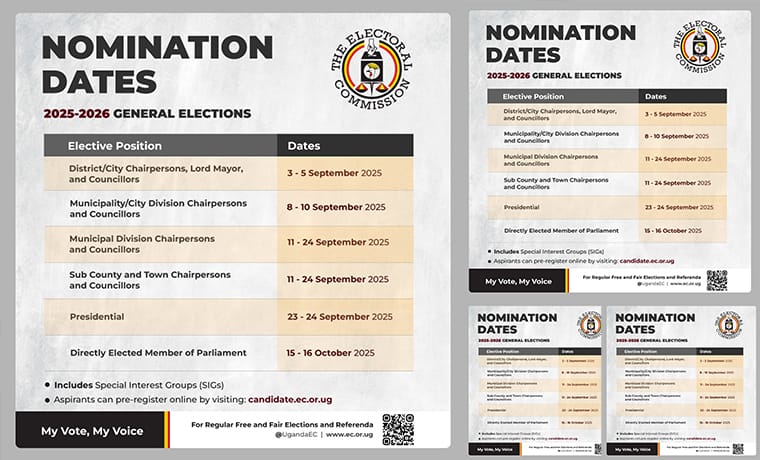By Mulengera Reporters
[Help a person in need, and you help a nation], and in Uganda, this proverb takes on new meaning as the country hosts a large and growing number of refugees. The 2024 UBOS census reports that Uganda is home to 805,589 refugees and asylum seekers, representing 2% of the total population.
These individuals come from neighboring countries, including South Sudan, the Democratic Republic of Congo (DRC), Rwanda, and Burundi, fleeing violence, conflict, and persecution.
West Nile sub-region has the highest concentration of refugees, with 185,793 individuals residing there. Sebei, on the other hand, has the lowest number of refugees, with only 142 recorded.
The influx of refugees is driven largely by the ongoing conflicts in South Sudan and the DRC, where millions of people have been displaced due to war and instability. In total, Uganda hosts refugees from over 10 countries, but South Sudan remains the largest source, with many people seeking safety within Uganda’s borders.
Refugees in Uganda are granted the right to live, work, and access services, which helps them integrate into Ugandan society. The majority of refugees (336,437) are women, a figure that reflects the vulnerability of women and children in conflict zones.
While Uganda’s refugee policy is praised internationally for its generosity and commitment to human rights, the large number of refugees puts significant pressure on local resources, including healthcare, education, and housing. Overcrowded settlements are a common challenge, and tensions can sometimes arise between refugees and host communities.
Despite these challenges, Uganda remains a beacon of hope for those seeking refuge from conflict and persecution. The country’s open-door policy provides a safe haven for displaced individuals, offering them a chance to rebuild their lives.
However, as the refugee population grows, Uganda will need continued international support to provide adequate care, infrastructure, and services for both refugees and host communities.
The government’s ongoing efforts to integrate refugees into the local economy, through access to land and work permits, help ensure that refugees contribute to the national economy, reducing the burden on local resources.
Uganda’s role as a host country for refugees is both a responsibility and a challenge. While providing shelter for those in need, Uganda must continue to manage the social and economic impact of the growing refugee population, ensuring that both refugees and Ugandans can live and thrive together. (For comments on this story, get back to us on 0705579994 [WhatsApp line], 0779411734 & 041 4674611 or email us at mulengeranews@gmail.com).

































